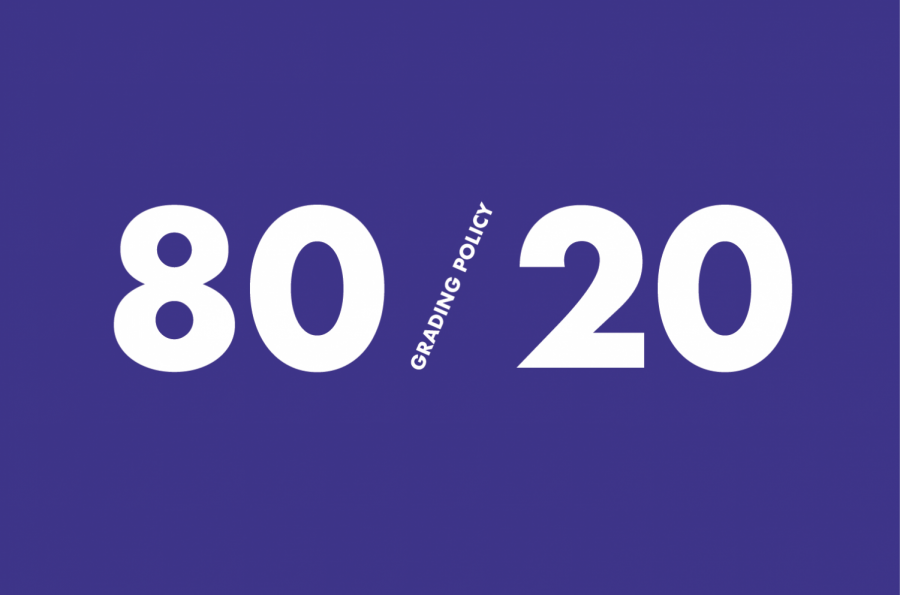English Department adopts 80/20 grading policy
October 14, 2021
For the 2021-22 school year, District 99 ruled that no more than 20 percent of a student’s grade can be attributed to homework and other assessments for learning. In response to this decision, the DGN English department has embraced a department-wide 80/20 grading policy. Students’ grades will now be based on two categories: 80 percent of each grade will come from summative assessments, which are typically larger, end-of-unit evaluations. The remaining 20 percent will come from formative assessments, which include activities like homework and day-to-day tasks that build understanding of the material being taught.
“This [grading policy] is coming from a district perspective,” English chairperson Christopher Bronke said. “Departments were given some latitude on deciding the breakdown, and we had to come to a consensus. We had the flexibility to do that either as a department or as course teams.”
After many staff conversations and a lengthy research process, Bronke had the ultimate responsibility of choosing the system the entire department would follow.
“To me, an English class is an English class. We’re kind of doing the same thing [throughout the department], as opposed to, for example, the CTE department. A child development course might look extremely different from an engineering course,” Bronke said.
The 80/20 policy’s goal is to improve the balance between effort and completion on formative assessments and demonstration of mastery on summative assessments. In theory, teachers viewing incoming students’ grades will now have a better understanding of individual abilities. More importantly, though, the policy aims to increase academic fairness.
Prior to the policy, a student could receive a grade in an English class that did not necessarily reflect the scope of his/her skill due to overemphasis on formative assessments and other life factors out of a student’s control, such as familial and financial situations. Fundamentally, the English department seeks to give students more power over their grades.
“This policy stems from a concern for equity. There are certain students who might not have the ability to do homework at night, whether they have a job, they’re in sports, or they have siblings to take care of. When we start to allow the completion of homework to dominate a grade, we have an equity issue,” Bronke said. “This policy takes into account [these cases]. A student might still have the ability to demonstrate mastery of a specific skill on a summative assessment.”
Senior and AP English Literature and Composition student Megan Thompson is glad to see the change.
“Some nights, I have soccer practice for several hours, so I have to stay awake until midnight or later to complete my schoolwork,” Thompson said. “This policy will help students demonstrate their understanding of a subject without having to [worry about] one homework assignment tanking their grade.”


























